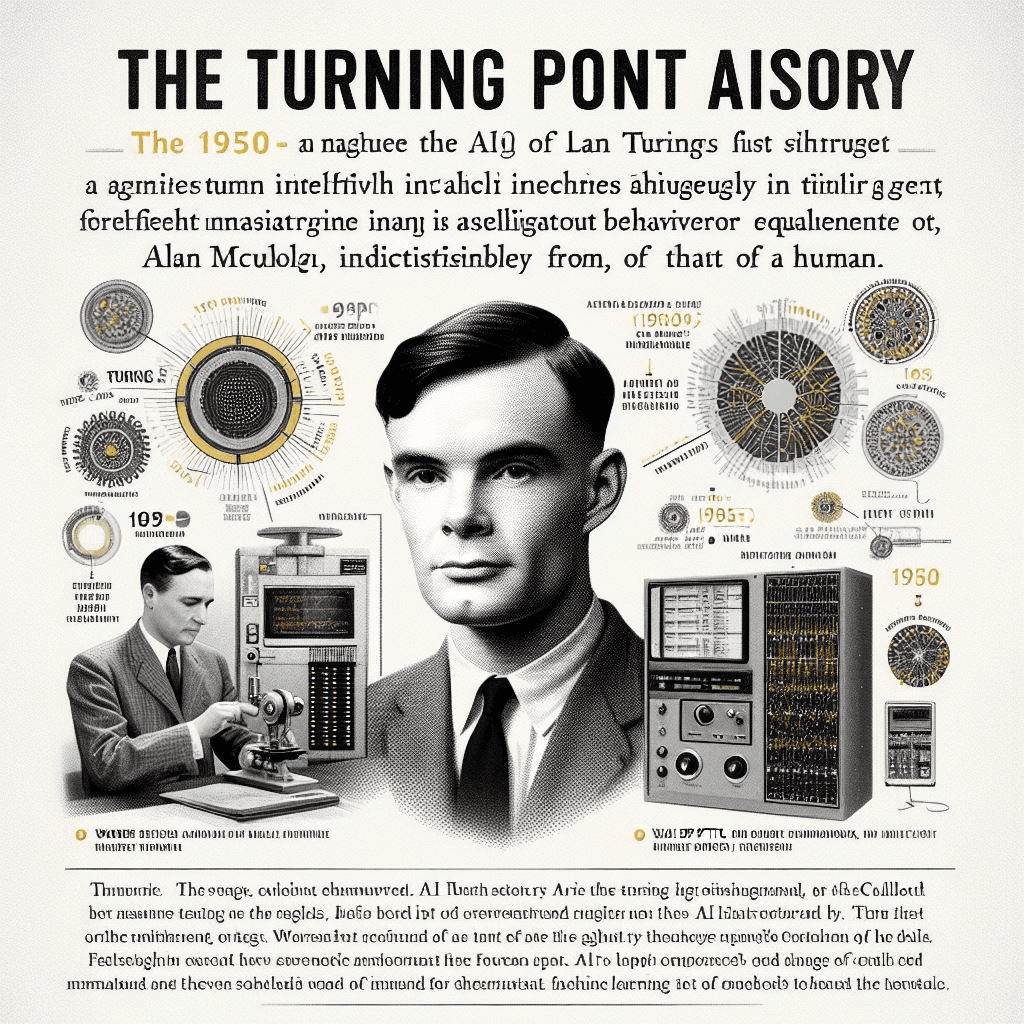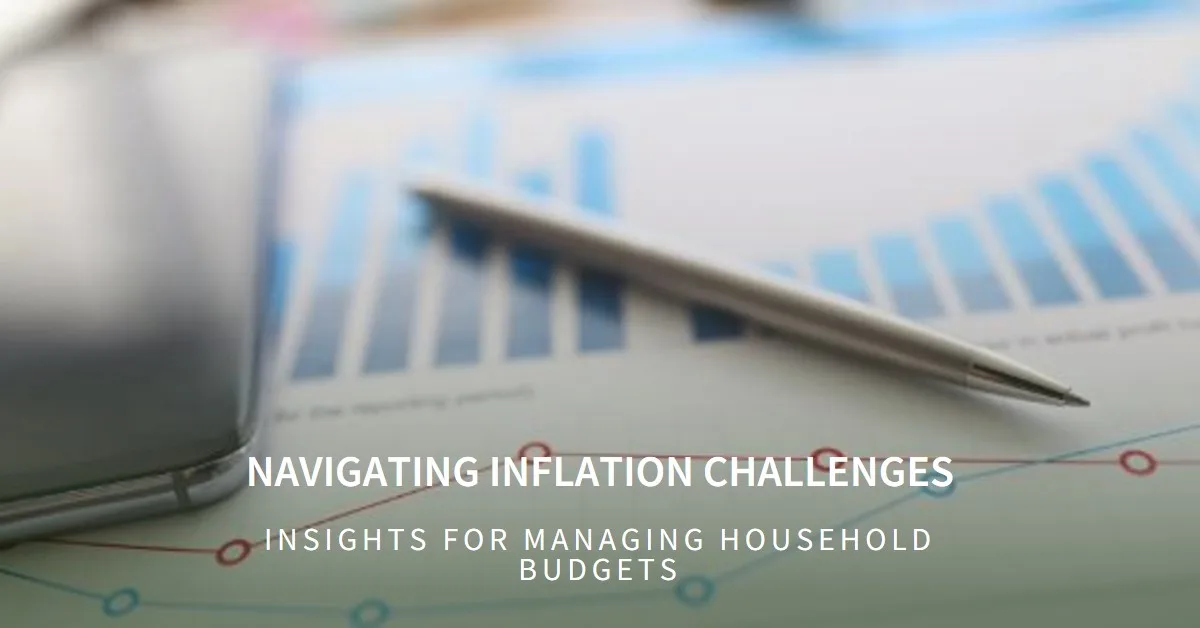
Artificial intelligence (AI) has become an integral part of our lives, from the recommendation systems on your favorite shopping site to the virtual assistants answering your questions. But the history of AI stretches far back, even before the invention of computers! Let’s take a trip down memory lane and explore some of the key milestones in AI’s fascinating journey.
Early Beginnings: From Myths to Machines (Before 1950)

The concept of intelligent machines has captivated humans for centuries. Ancient myths and stories from Greece, Egypt, and India spoke of artificial beings with human-like capabilities.
In the 17th century, philosophers like René Descartes began to explore the idea of the mind as a machine, laying the foundation for future explorations of artificial intelligence.
The Birth of AI: From Ideas to Reality (1950s)

The 1950s marked a turning point in AI history. Alan Turing, a brilliant mathematician, introduced the Turing Test, a benchmark for measuring a machine’s ability to exhibit intelligent behavior equivalent to, or indistinguishable from, that of a human.
This era also saw the invention of the first artificial neural networks by Warren McCulloch and Walter Pitts, laying the groundwork for machine learning, a critical branch of AI.
Early Optimism and The AI Winter (1960s-1980s)

Fueled by the initial breakthroughs, the 1960s saw a surge of optimism in AI research. Researchers made significant progress in areas like game playing and theorem proving.
However, the limitations of hardware and the complexity of AI problems led to a period of disillusionment in the 1970s, often referred to as the “AI Winter.” Funding for AI research dwindled, and progress stagnated.
The Rise of Machine Learning and Modern AI (1990s-Present)

The 1990s witnessed a resurgence in AI research driven by advancements in computing power and the development of new algorithms. Machine learning techniques like neural networks, fueled by vast amounts of data, began to show remarkable results.
From facial recognition software to self-driving cars, AI applications started to impact various aspects of our lives. Today, AI continues to evolve rapidly, with applications in healthcare, finance, and even creative endeavors like art and music composition.
The Future of AI: A World of Opportunities and Challenges

As AI continues its ascent, we face both exciting possibilities and significant challenges. On the one hand, AI has the potential to solve some of humanity’s most pressing problems, from climate change to disease eradication.
On the other hand, ethical considerations regarding bias, transparency, and job displacement need careful attention.
The history of AI is a story of human ingenuity and our relentless pursuit of creating intelligent machines. As we move forward, it’s crucial to ensure that AI development is guided by ethical principles and focused on benefiting humanity.
The question remains: How will we shape the future of AI?
This blog post has only scratched the surface of AI’s rich history. As we move forward, collaborative efforts from researchers, developers, policymakers, and the public are crucial to ensure that AI development is guided by ethical principles and focused on benefiting humanity. Will AI become a powerful tool for progress, or will it pose a threat to our future? The answer lies in our hands, and the choices we make today will shape the world of tomorrow.











